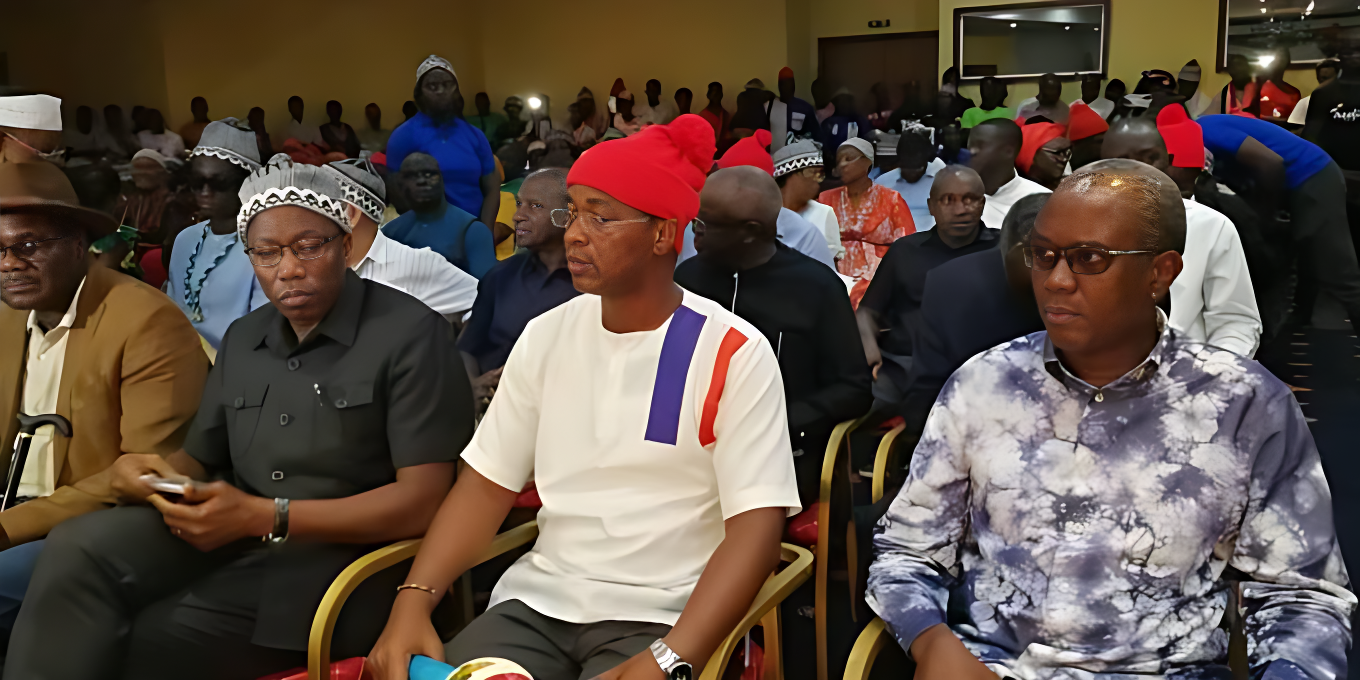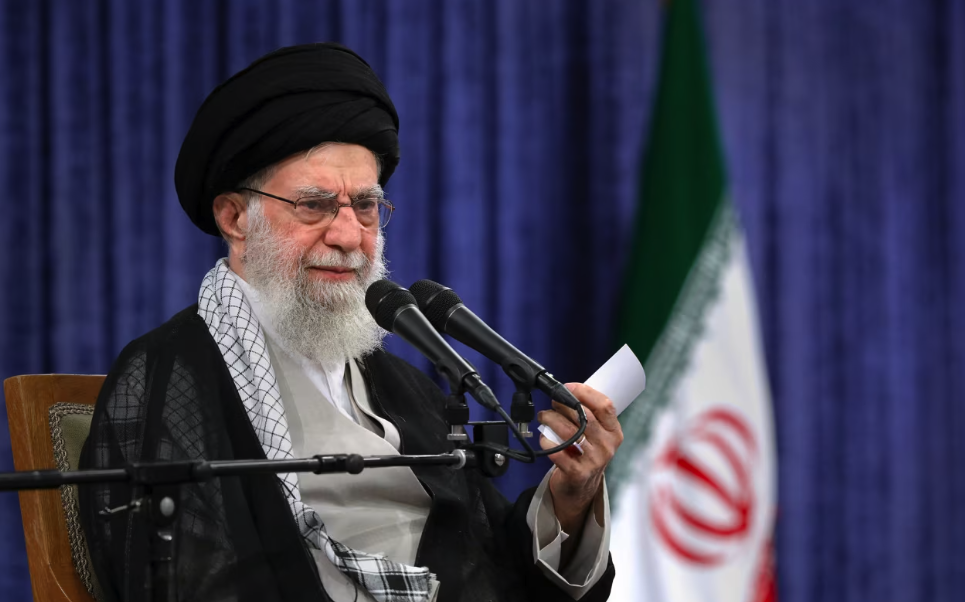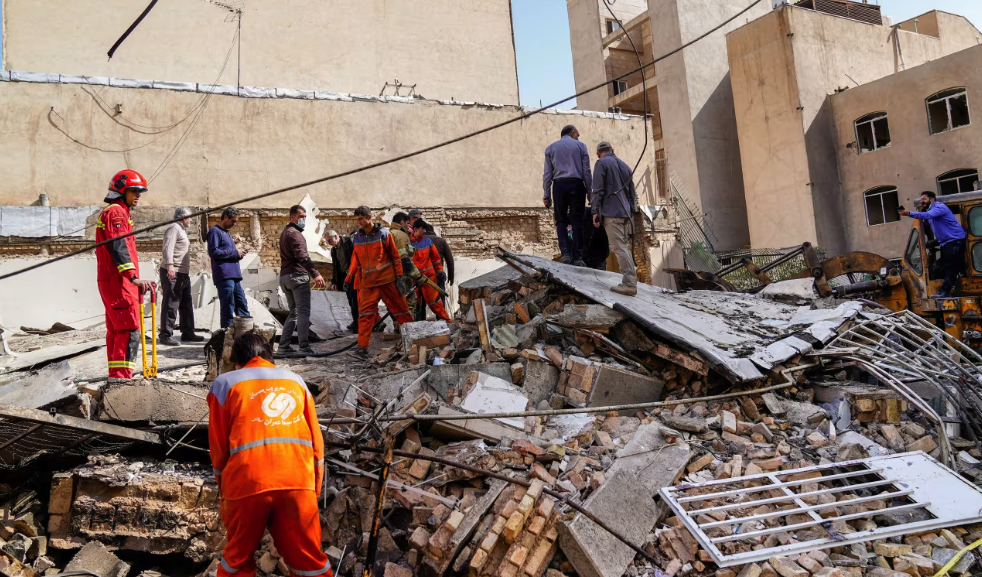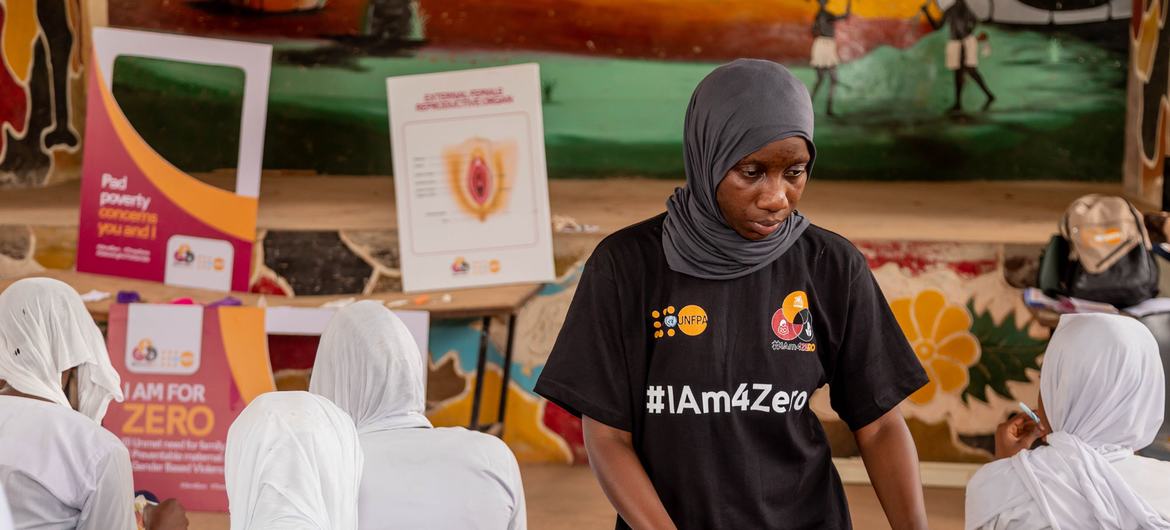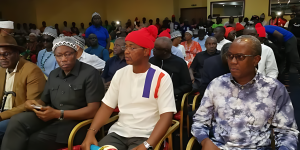Gambiaj.com – (BANJUL, The Gambia) – The Gambia’s parliament vote to uphold the ban on Female Genital Mutilation (FGM) has been lauded by several high-profile leaders, including UNICEF Executive Director Catherine Russell, UNFPA Executive Director Natalia Kanem, WHO Director-General Dr. Tedros Adhanom Ghebreyesus, UN Women Executive Director Sima Bahous, and UN High Commissioner for Human Rights Volker Türk.
“FGM involves cutting or removing some or all of the external female genitalia. Mostly carried out on infants and young girls, it can inflict severe immediate and long-term physical and psychological damage, including infection, later childbearing complications, and post-traumatic stress disorder,” the joint statement read.
The Women’s (Amendment) Act, 2015, represents a significant milestone in advancing gender equality in The Gambia. The Act is the result of extensive advocacy, community engagement, and educational efforts aimed at eradicating this harmful practice and achieving the Sustainable Development Goal target of eliminating FGM by 2030. Maintaining these legal protections is crucial for upholding the progress made in protecting the rights of girls and women.
“The decision to maintain the FGM ban aligns with The Gambia’s international and regional commitments to prevent harmful practices against girls and women,” the statement continued, citing adherence to the Convention on the Rights of the Child (CRC), the Convention on the Elimination of All Forms of Discrimination Against Women (CEDAW), the African Charter on the Rights and Welfare of the Child, and the Maputo Protocol.
In addition to recognizing the National Assembly’s decision, the statement commended the tireless efforts of survivors, activists, civil society organizations, and faith-based groups working to end FGM. These grassroots initiatives are essential for ending all forms of violence, including harmful practices against girls and women, and for ensuring a safer and healthier future for them in The Gambia and beyond.
However, the statement also highlighted the fragility of progress in ending FGM. Assaults on women’s and girls’ rights globally have put hard-won gains at risk, with some countries experiencing regression due to pushback against these rights, instability, and conflict, which disrupts services and prevention programs.
“Legislative bans on FGM, while crucial, cannot alone end the practice. Today, more than 73 per cent of girls and women aged 15 to 49 in The Gambia have already undergone this harmful practice, with many subjected to it before their fifth birthday,” the leaders emphasized.
Recent months have underscored the need for continued advocacy to advance gender equality, end violence against girls and women, and secure the gains made to end FGM. Effective engagement with communities and grassroots organizations, traditional, political, and religious leaders, training health workers, and raising awareness about the harms caused by FGM remain paramount.
Supporting survivors of FGM, many of whom suffer long-term physical and psychological harm, is as urgent as ever. Comprehensive medical and psychological care is essential to help them heal from the scars inflicted by this harmful practice.
The joint statement concluded with a firm commitment to support the government, civil society, and communities in The Gambia in the fight against FGM. “Together, we must not rest until we ensure that all girls and women can live free from violence and harmful practices and that their rights, bodily integrity, and dignity are upheld.”




